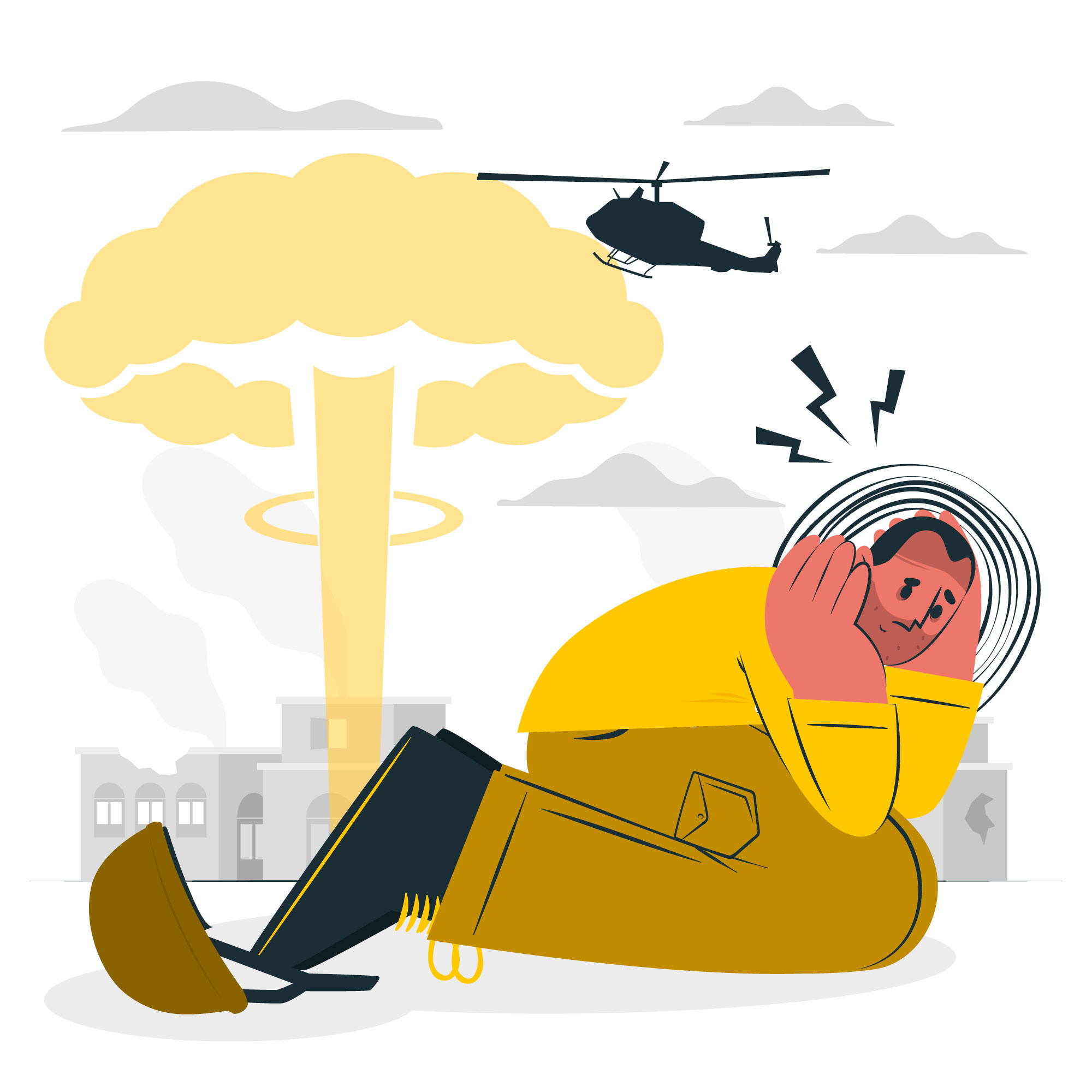Intermittent Explosive Disorder
Overview
Intermittent Explosive Disorder (IED) is characterized by recurrent episodes of impulsive aggression, manifesting as verbal outbursts or physical violence disproportionate to the triggering situation. While global prevalence rates vary, specific data on IED within the Indian population remain limited, underscoring the need for increased awareness and research in this area.
Key Facts
- Prevalence: International studies estimate lifetime prevalence rates of IED between 1% and 7%. However, comprehensive epidemiological data for India are scarce, highlighting a significant gap in mental health research within the country.
- Age of Onset: Symptoms typically emerge in adolescence, with a mean onset age of 14 years. Early identification is crucial for effective intervention.
- Gender Differences: Research indicates that IED is almost twice as prevalent in men as in women, suggesting potential gender-related factors in its manifestation.
Symptoms and Patterns
Individuals with IED experience sudden episodes of intense aggression, which may include:
- Verbal Aggression: Unprovoked shouting or heated arguments.
- Physical Violence: Assaults on people, animals, or property.
These episodes are often unplanned, last for brief durations, and are followed by feelings of remorse or embarrassment.
Risk and Protective Factors
Risk Factors:
- Genetic Predisposition: A family history of mental health disorders may increase susceptibility.
- Environmental Influences: Exposure to violence during childhood or experiencing traumatic events can contribute to the development of IED.
- Neurological Factors: Imbalances in brain chemicals, particularly serotonin, have been linked to impulsive behaviours.
Protective Factors:
- Stable Family Environment: Supportive and nurturing relationships can mitigate the risk.
- Effective Coping Mechanisms: Developing healthy strategies to manage stress and anger reduces the likelihood of explosive episodes.
Treatment and Care
Managing IED involves a combination of therapeutic approaches:
- Medication: Antidepressants, particularly selective serotonin reuptake inhibitors (SSRIs), and mood stabilizers have shown efficacy in controlling aggressive impulses.
- Psychotherapy: Cognitive-behavioural therapy (CBT) is effective in helping individuals identify triggers and develop coping strategies to manage anger.
Psychological and Psychosocial Interventions
- Anger Management Programs: Structured sessions focus on recognizing early signs of anger and employing techniques to prevent escalation.
- Family Therapy: Involving family members in therapy can improve communication patterns and provide a support system for the individual.
- Mindfulness Practices: Techniques such as meditation and deep-breathing exercises can enhance self-control and emotional regulation.
Conclusion
Intermittent Explosive Disorder presents significant challenges due to its impact on individuals and their surroundings. In India, the paucity of specific data underscores the need for heightened awareness, research, and culturally tailored interventions. Early diagnosis, combined with comprehensive treatment plans, can lead to improved outcomes and a better quality of life for those affected.


